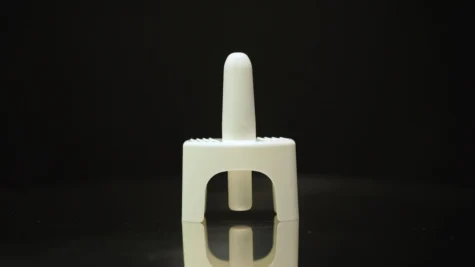Detox is the first stage in addiction recovery, where you eliminate substances from your body so it can return to normal functioning. Detoxing from alcohol, once you’ve developed a dependence or addiction, will be uncomfortable. However, the detox process is worth it—for your health, safety, and future. If you choose at-home detox services, you can go through the process in a familiar space with increased comfort and complete confidentiality. When preparing for alcohol detox, it’s important to know in advance what to expect.
Understanding Withdrawal Symptoms
When someone uses alcohol over a long period, their brain and body chemistry will change. Alcohol is a depressant that slows down the functioning of the nervous system. To compensate, the brain produces more stimulating neurotransmitter chemicals, like dopamine.
As a result, when you stop consuming alcohol, the brain will continue to produce these neurotransmitters in large amounts. This imbalance leads to withdrawal symptoms that can be mild, moderate, or severe. You’re more likely to experience serious withdrawal symptoms if:
- You’ve been abusing alcohol for a long time
- You use alcohol in combination with other substances
- You have mental or physical health conditions
- You’ve experienced intense withdrawal symptoms in the past when trying to quit
Under the guidance of a healthcare professional, consider gradually reducing your intake. Tapering can help your body adjust more easily, though it adds time to the detox process.
Stages of Detox from Alcohol
Though each individual will experience symptoms differently, having a rough idea of how the stages of detox progress will help you prepare for alcohol detox.
Six to Twelve Hours
The first stage begins six to 12 hours after your last drink. You may face mild to moderate symptoms like:
- Headaches
- Anxiety
- Shaky hands
- Upset stomach
- Nausea and vomiting
- Sweating
- Insomnia
Twelve Hours to Two Days
Between 12 to 48 hours after your last drink, these symptoms may continue along with other, more severe symptoms like an elevated heart rate, high blood pressure, or rapid breathing. Some people also experience severe symptoms that need medical attention, like seizures or hallucinations. This period is usually the most severe.
There is also a small risk of a serious side effect known as delirium tremens (DT). Symptoms include fever, confusion, hallucination, and a racing heart rate. If these symptoms occur, seek medical attention immediately.
Three Days After Stopping
By 72 hours after your last drink, symptoms usually begin to reduce or resolve. However, some symptoms—such as depression and anxiety—may linger for weeks or months.
Steps to Take when Preparing for Alcohol Detox
Your first step should be to consult a doctor about your needs. A healthcare provider can tell you more about how to handle the stages of detox based on your medical history and drinking patterns. They’ll let you know which symptoms require treatment and which you can wait through at home. They may also recommend medications that help ease the withdrawal process. Follow your doctor’s instructions when preparing for alcohol detox, including any dosing instructions for medication.
After consulting a doctor, prepare your home for a period of detox. Remove any alcohol in the home since you will likely experience alcohol cravings in the early stages of detox. Because the alcohol detox process can take days or weeks, you should also clear your schedule as much as possible. You’ll want plenty of time to rest and recharge.
Nourishing your body will also make detox more tolerable. Fluids will rehydrate your body, so have plenty of water or a water source on hand. Since initial withdrawal symptoms may make eating difficult, it’s a good idea to have broth, juice, or other liquid nutrition options. If you can eat, find healthy foods you enjoy, like fruits and vegetables, whole grains, and lean proteins.
How Can My Support System Help?
At-home detox is convenient but requires more consideration than in-person options. You will need a caretaker to help you through the process. See if a trusted family member, friend, or medical professional can be present or check in to keep you safe, including getting you medical help for severe symptoms.
Your friends and family can also serve as powerful motivators during alcohol detox. They’ll help you remember your end goals and distract you if needed.
While preparing for alcohol detox, see if you can attend any in-person or online support groups. Talking to other people in recovery can help you deal with alcohol cravings and give you a sense of being part of a community.
Alcohol Rehab at Southern Sky Recovery
Alcohol detox is only the first step in your recovery journey. The alcohol rehab program at Southern Sky Recovery will support you every step of the way, from putting down your last drink to beginning a lifetime of sobriety.
Our programs are staffed by knowledgeable, compassionate professionals, many of whom are in recovery. You have several options for outpatient rehab and even at-home detox. You’ll learn more about substance use disorder, attend individual and group therapy sessions, and practice techniques to help you succeed in recovery. Contact us at [Direct] to learn more.



